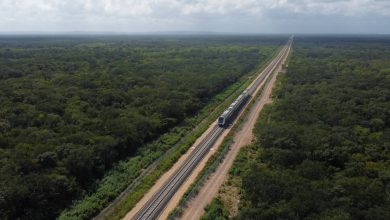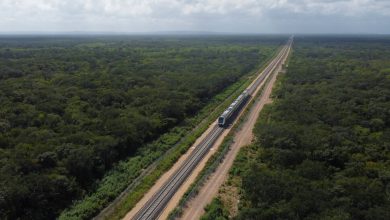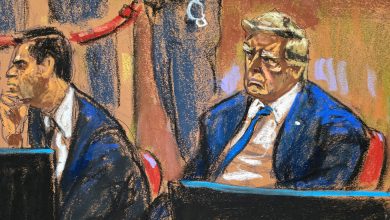Missiles hit power stations in Lviv and along crucial railways in central and western Ukraine.

LVIV, Ukraine — Russian missiles struck power plants in Lviv on Tuesday night, knocking out electricity in much of the western Ukrainian city near the Polish border where tens of thousands of civilians fleeing fighting in the east have sought refuge.
The attacks were the most widespread strikes inside the city since the war began, and came as the Russian military pressed its attacks on Ukraine’s railway system, the country’s lifeline to Poland, carrying both humanitarian aid and supplies for the military.
Altogether, Russian forces hit six electrical substations along the railway system in central and western Ukraine, said Oleksandr Kamyshin, the head of the Ukrainian Railway.
The mayor of Lviv, Andriy Sadovyi, said two power stations had been hit in the city, adding that there was “serious damage to the municipal infrastructure.” The head of the Lviv regional administration, Maksym Kozytskyy, later said that three power stations had been hit. Two people were reported injured.
A missile last month hit a garage near railway tracks on the outskirts of Lviv, killing at least seven people.
In addition to cutting off electricity, Tuesday’s attacks also halted water pumping in some areas of Lviv.
The explosions were heard in the center of Lviv on Tuesday evening. Near the railway tracks on the outskirts of town, black smoke billowed in the distance while ambulances and fire trucks sped from the site.
Police cruisers blocked roads to prevent vehicles from getting closer. Houses and apartment buildings were dark in many neighborhoods with the only light coming from streetlights still operating. City officials said emergency equipment in hospitals, which were also plunged into darkness, had kept going with backup electrical systems.
At another impact site, white smoke billowed from near the train tracks. Only a sliver of a moon illuminated the pitch-dark streets.
Mykhailo, a security guard who did not want to give his last name, said he took cover behind a concrete wall when the blasts hit.
“I haven’t felt an explosion this close before,” he said.




